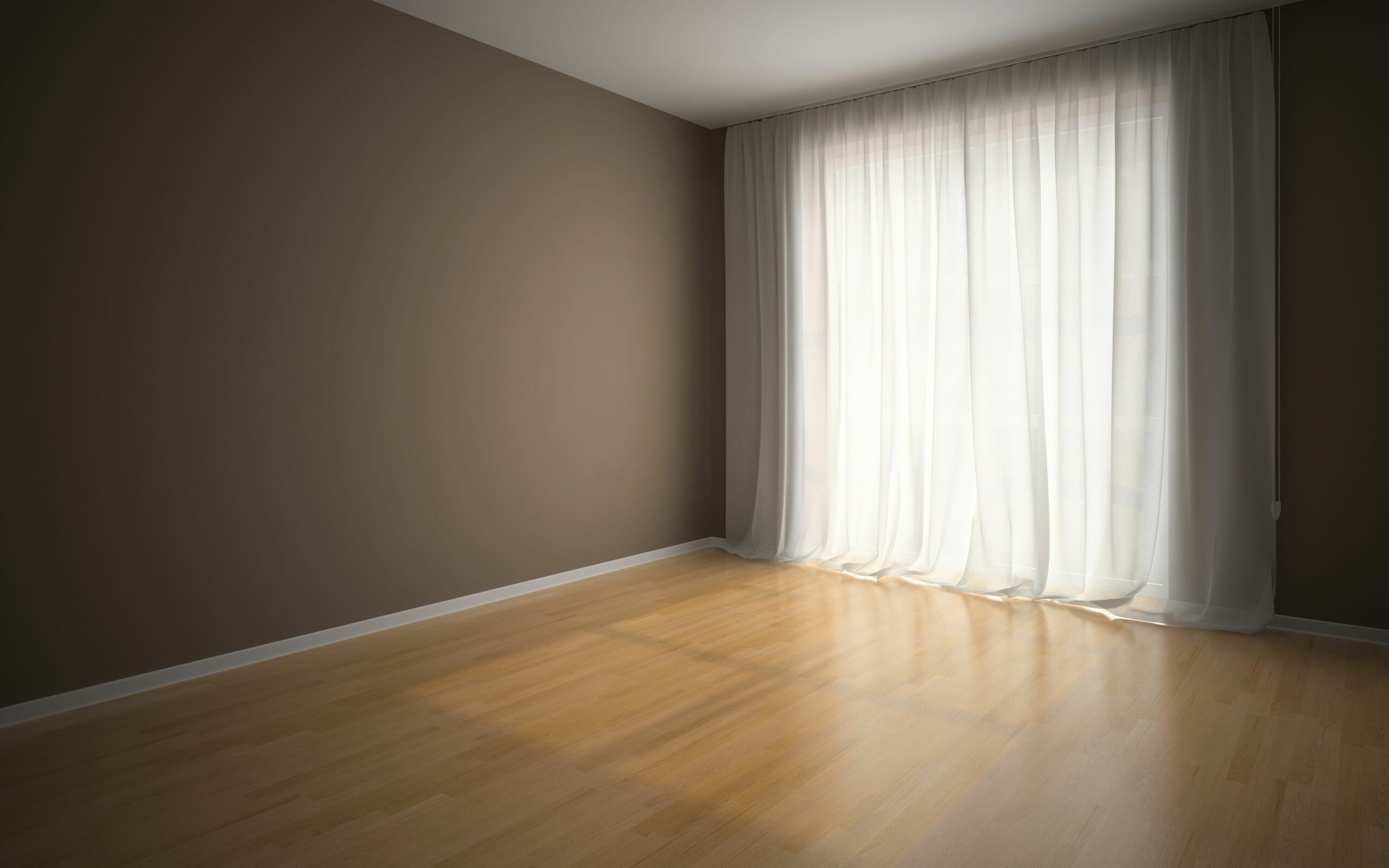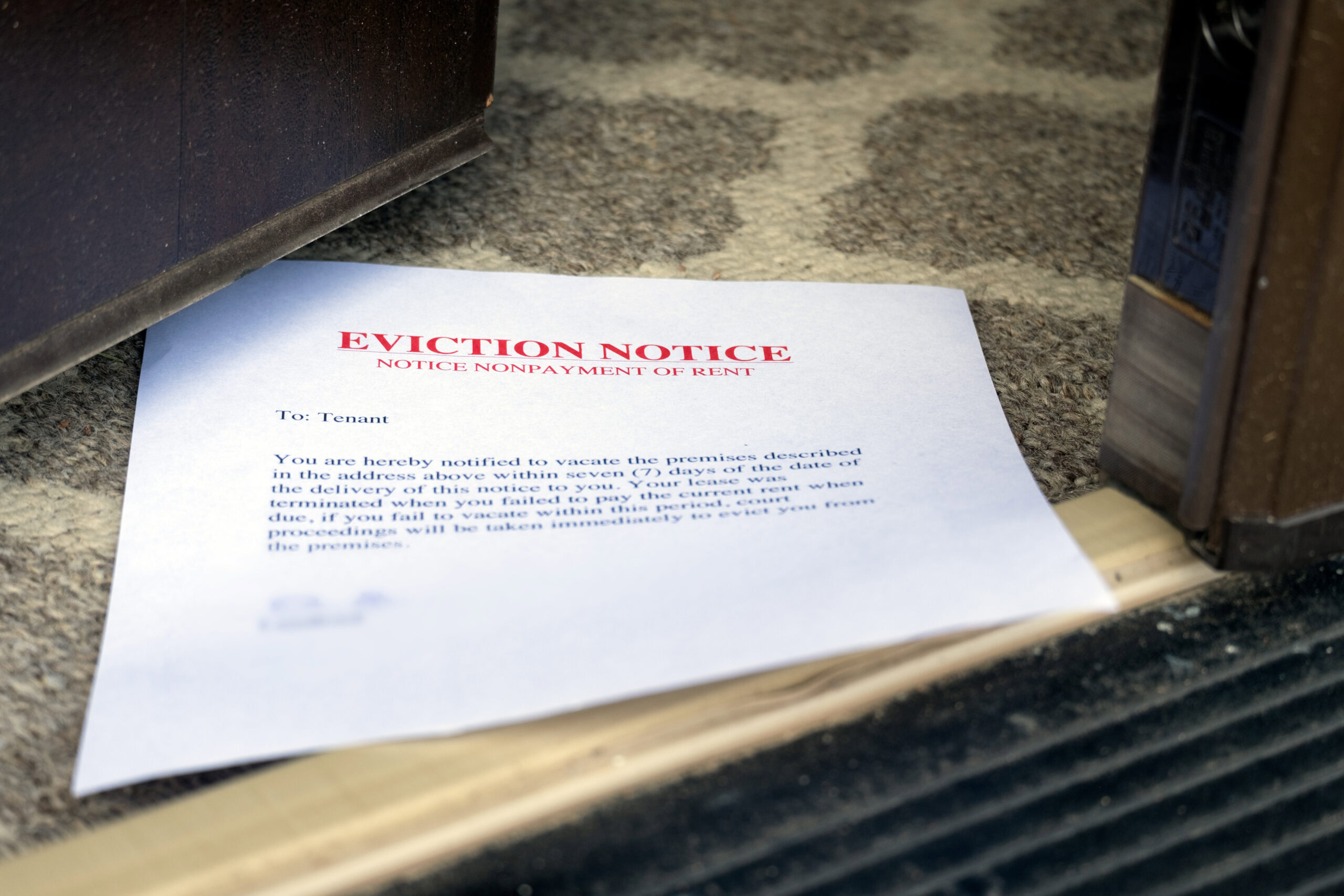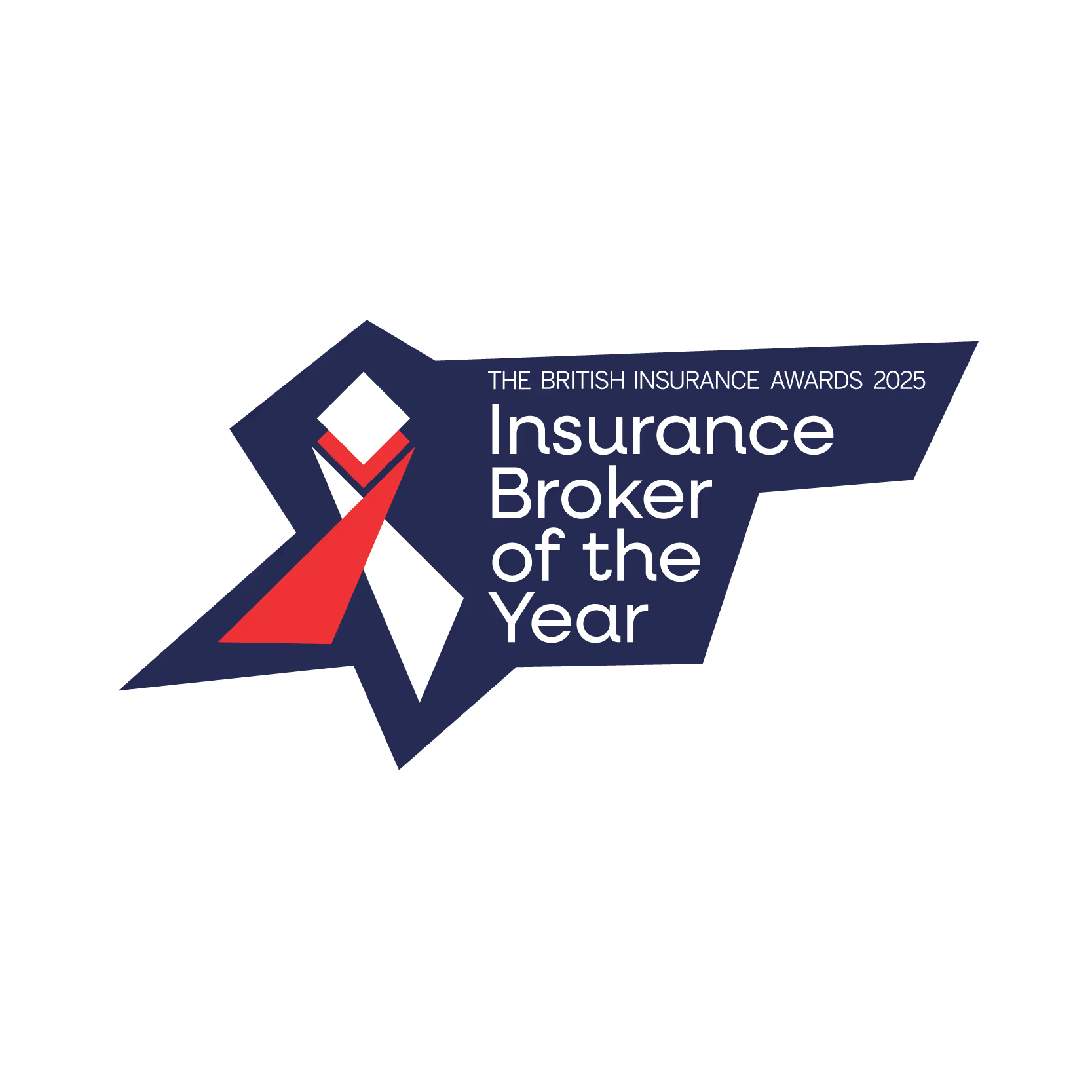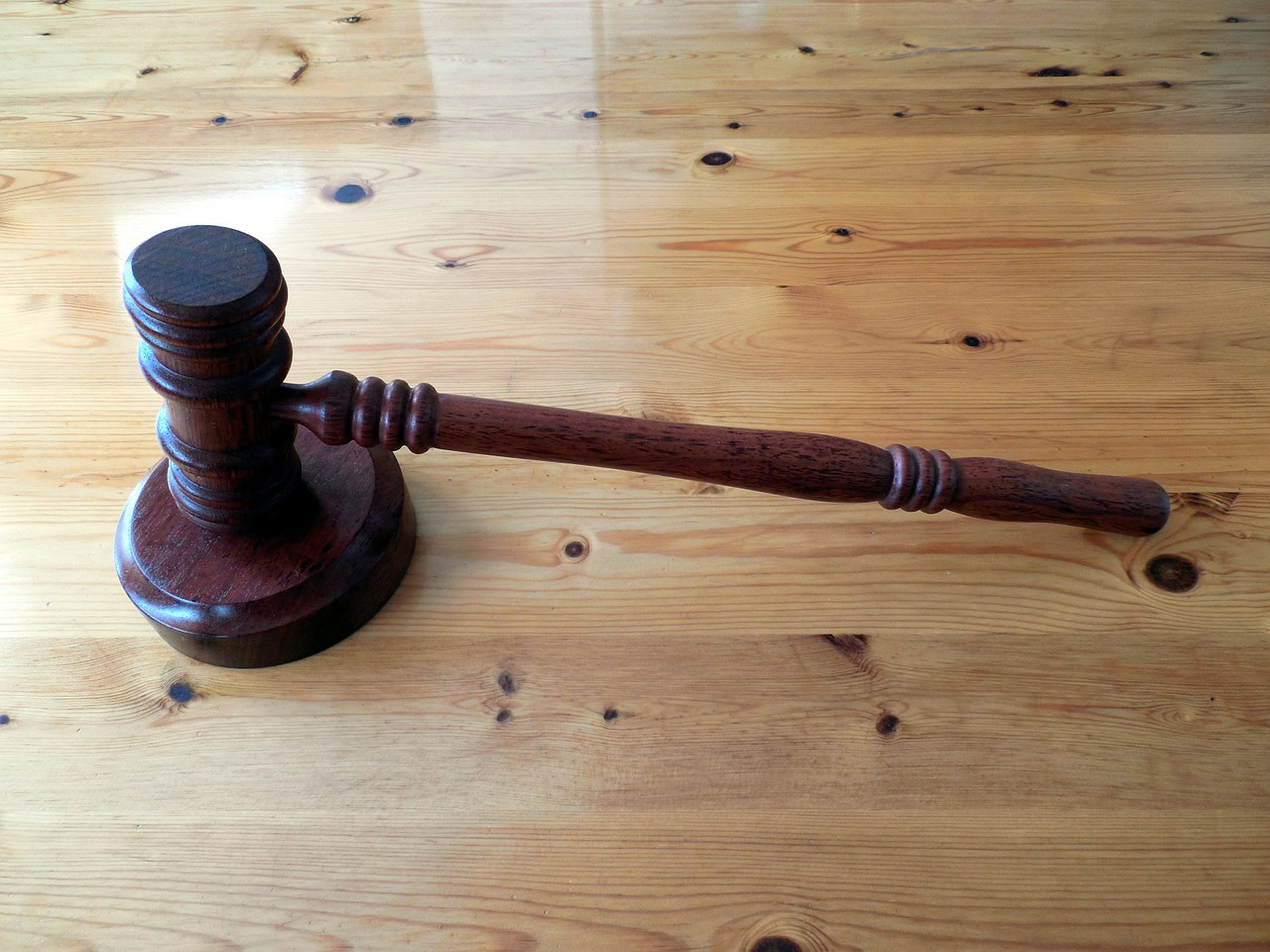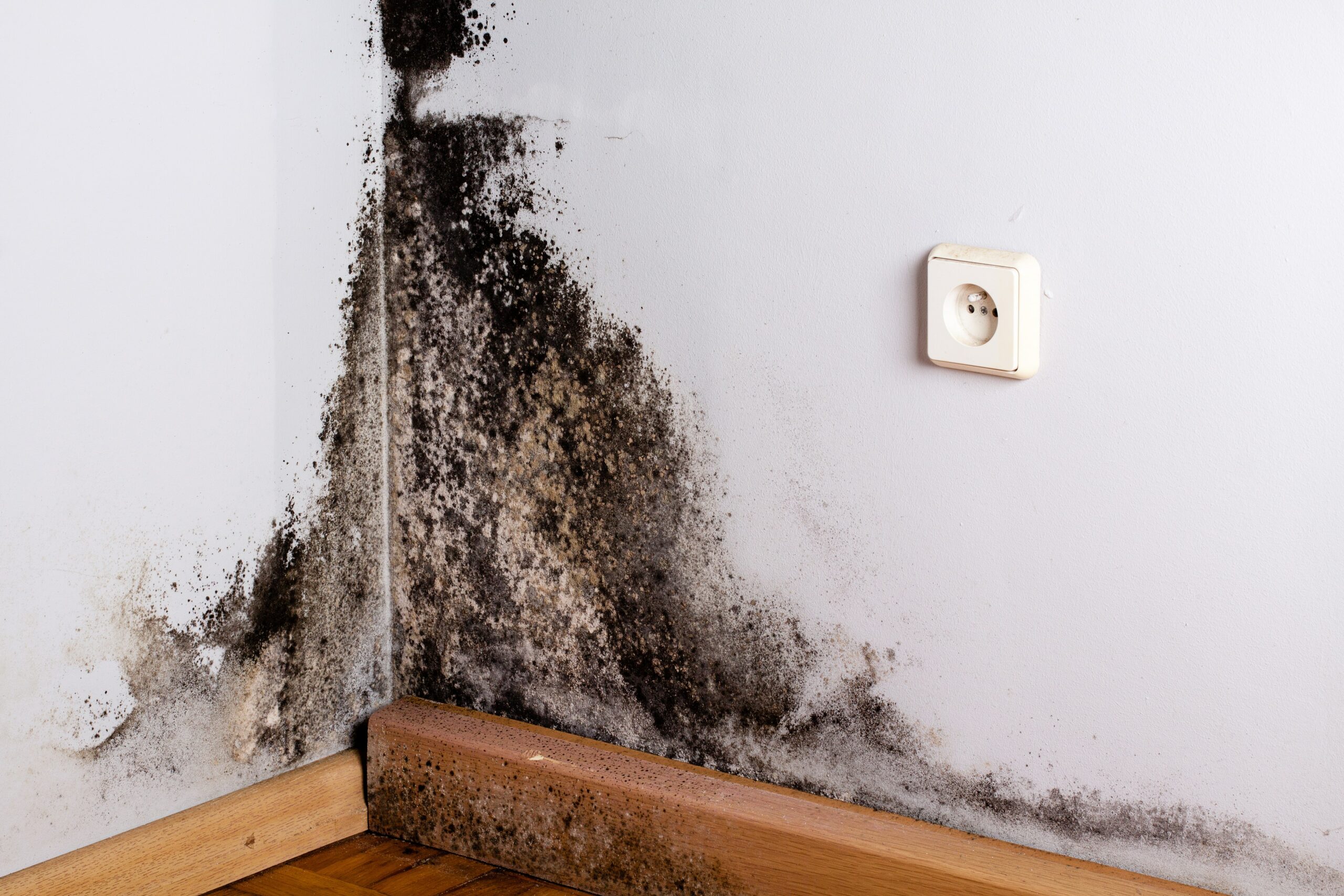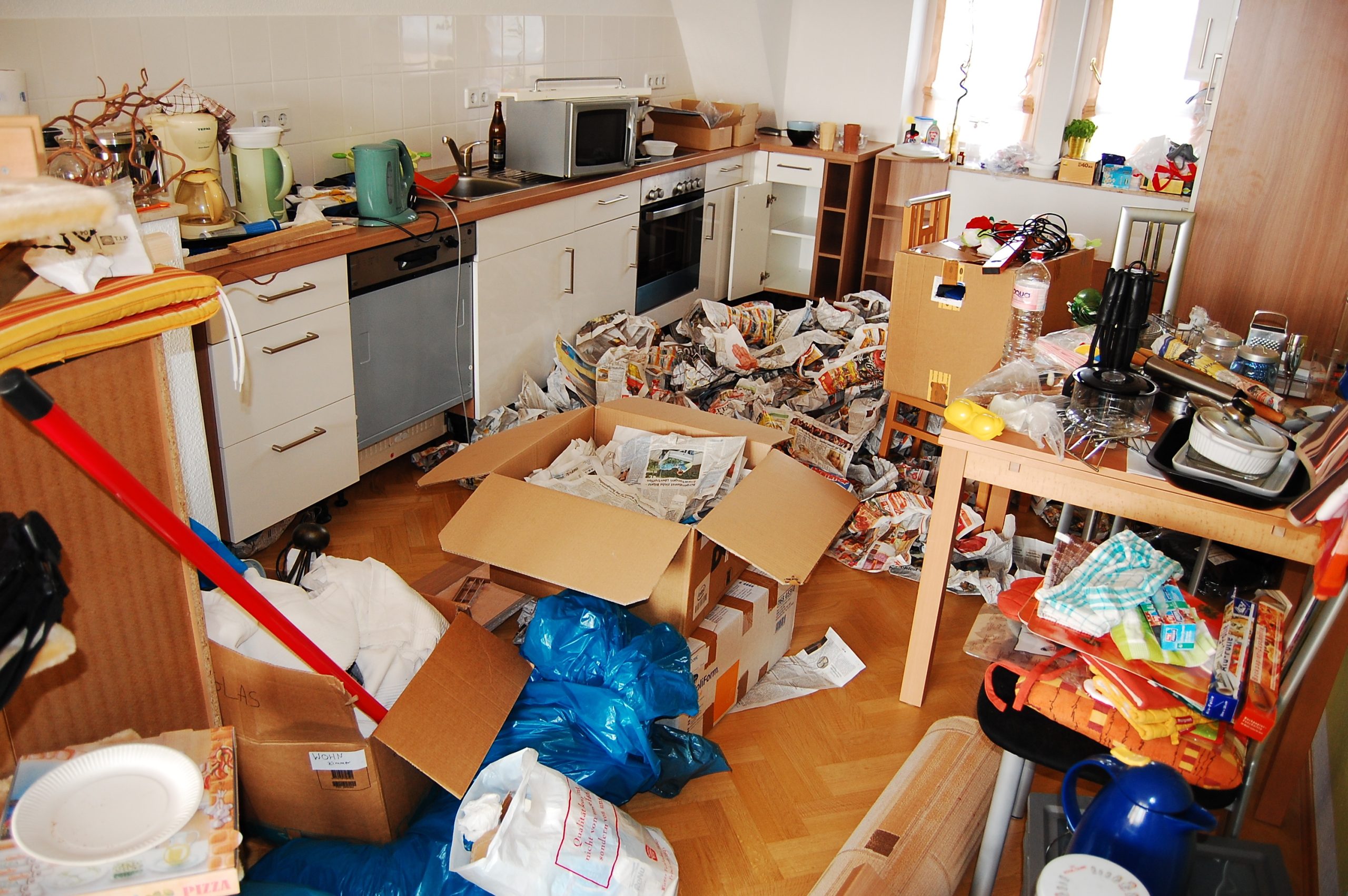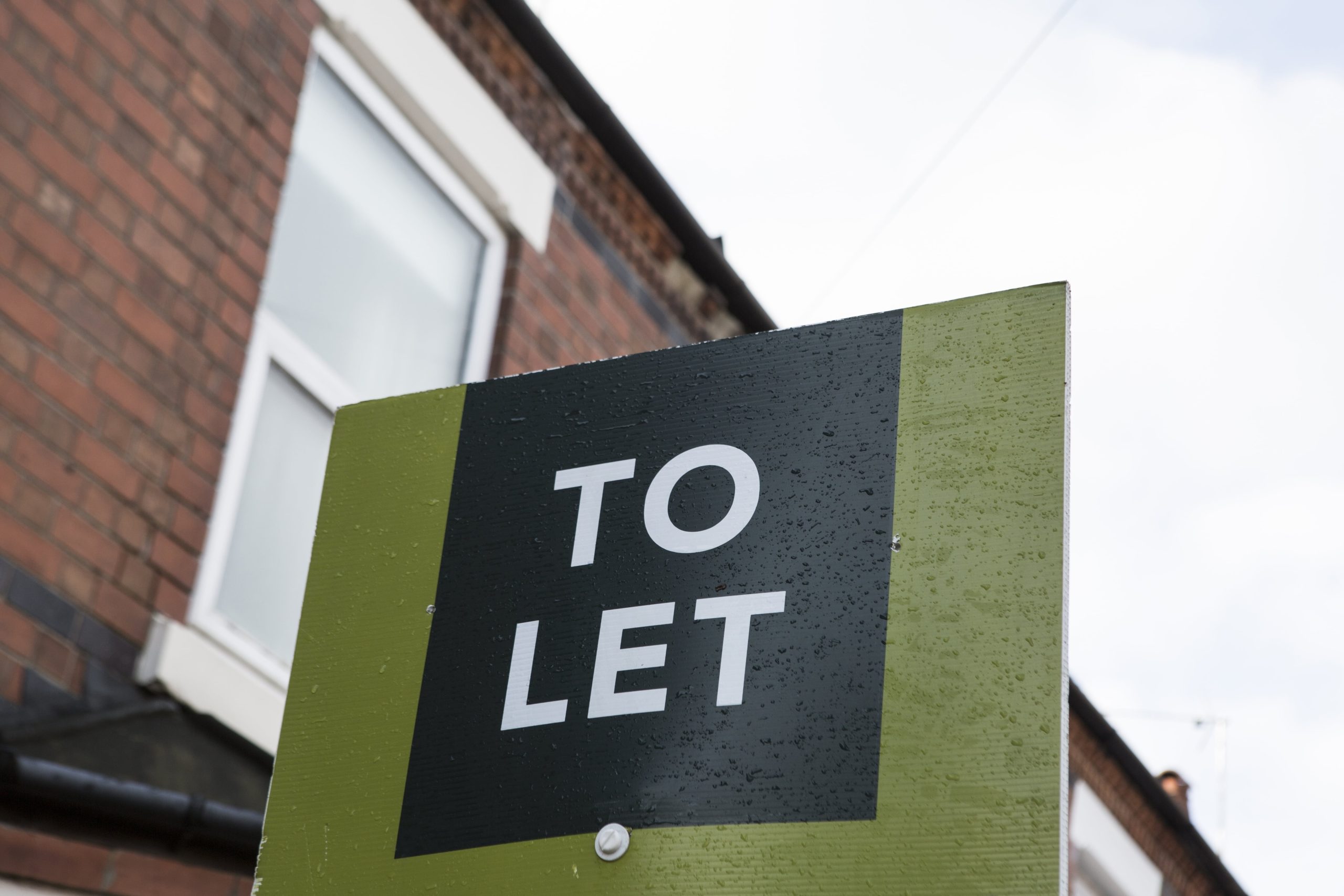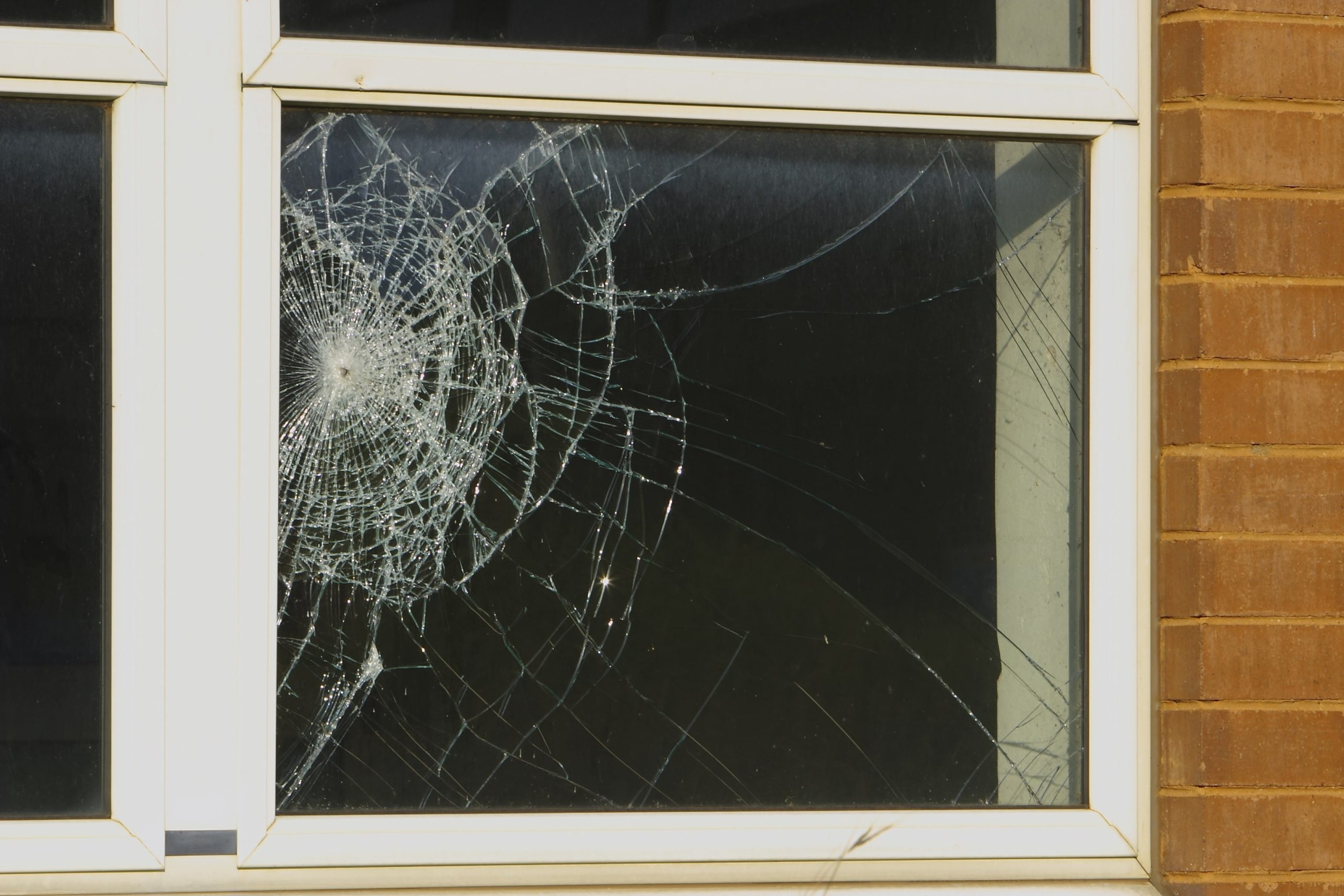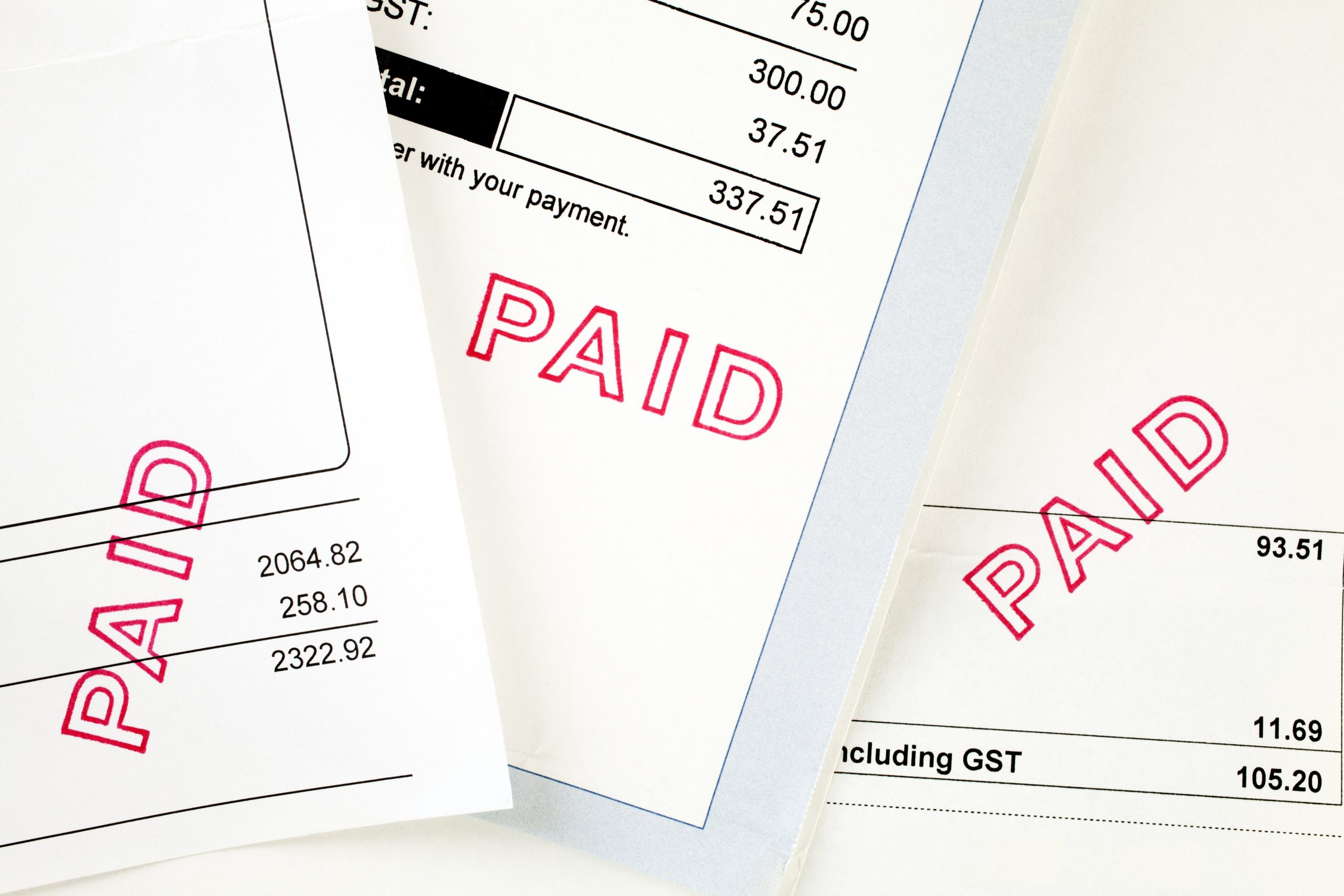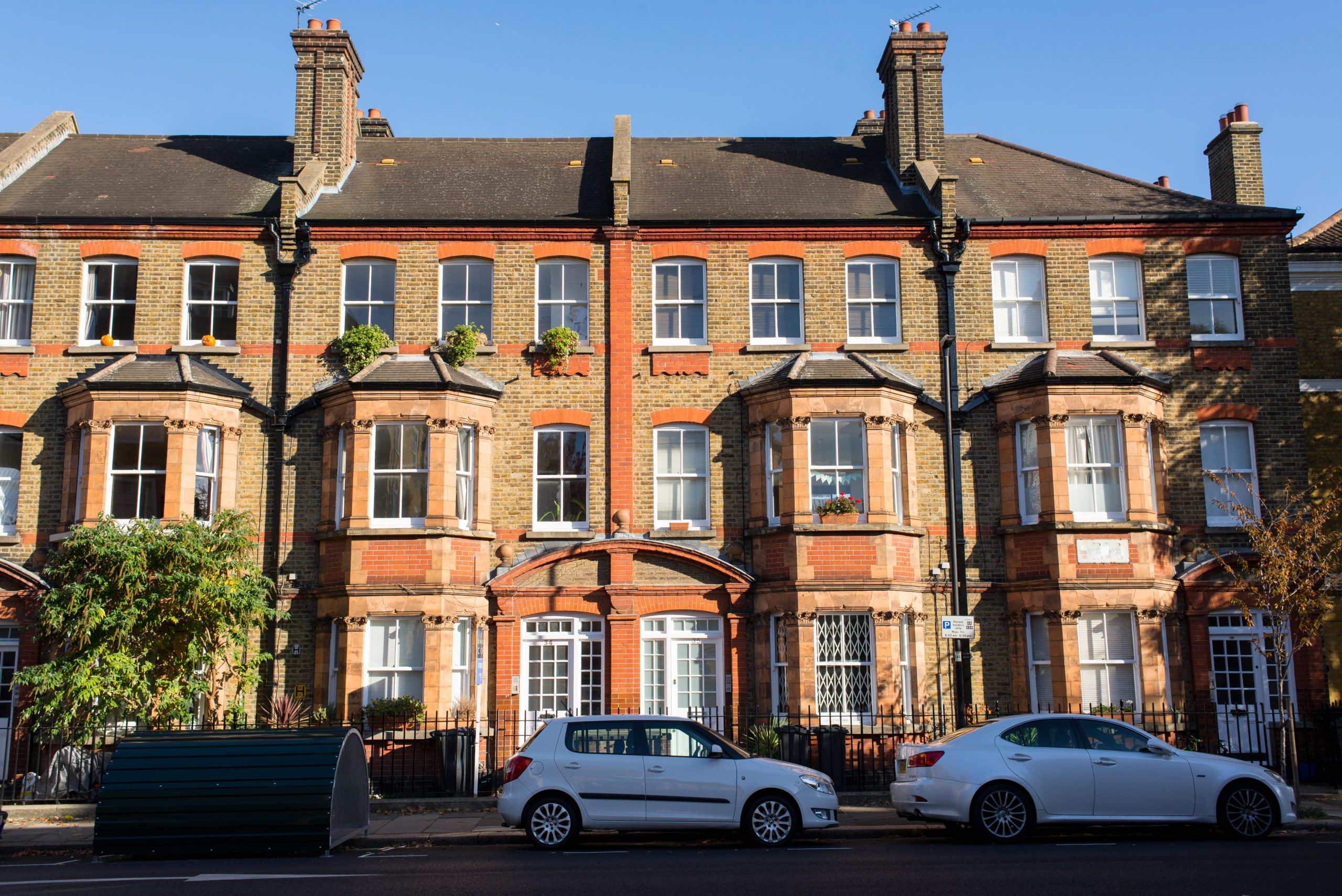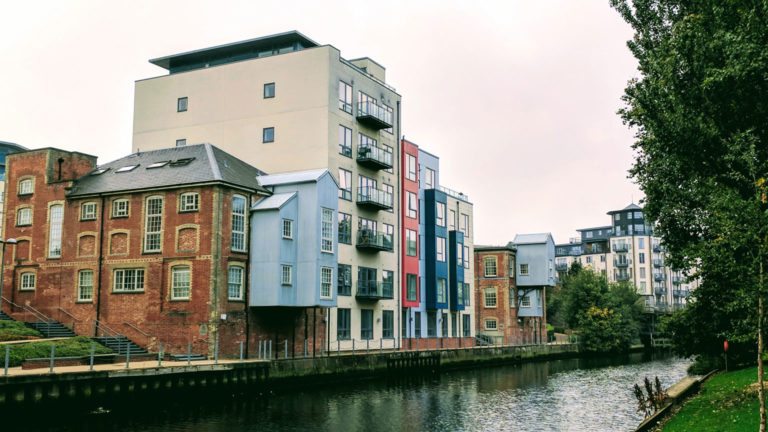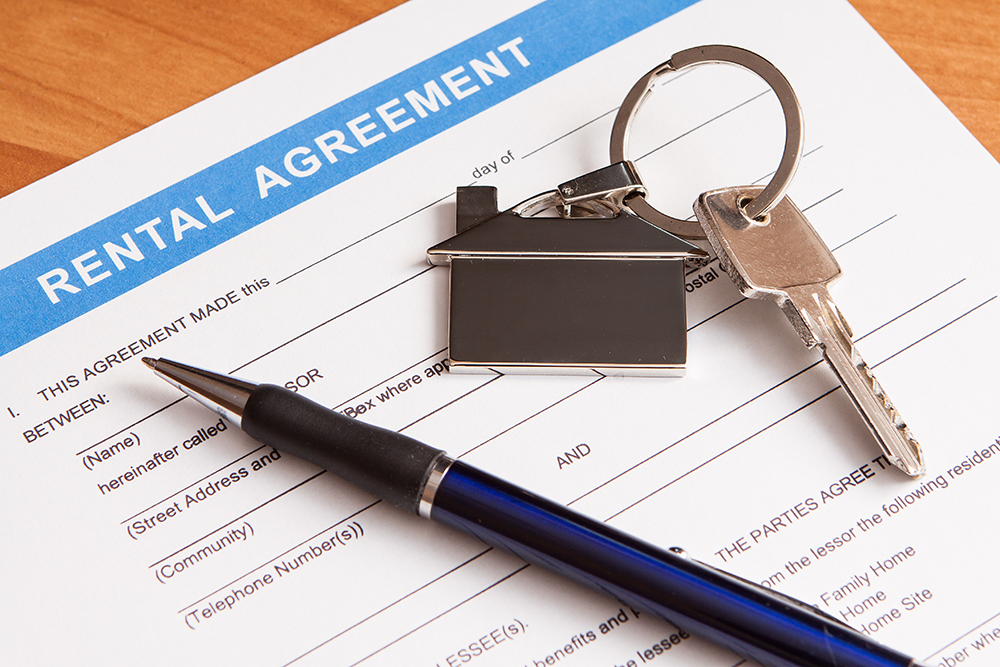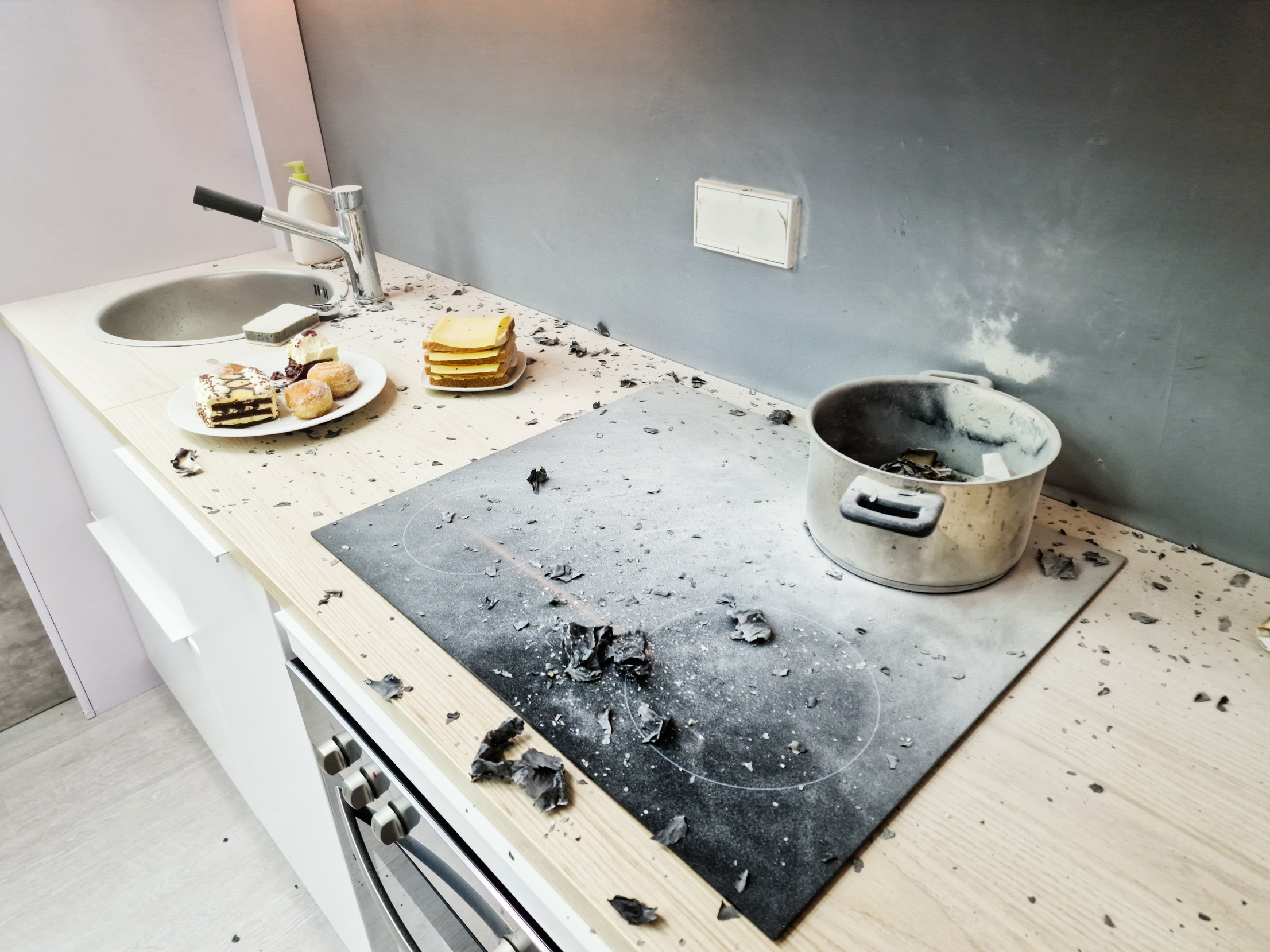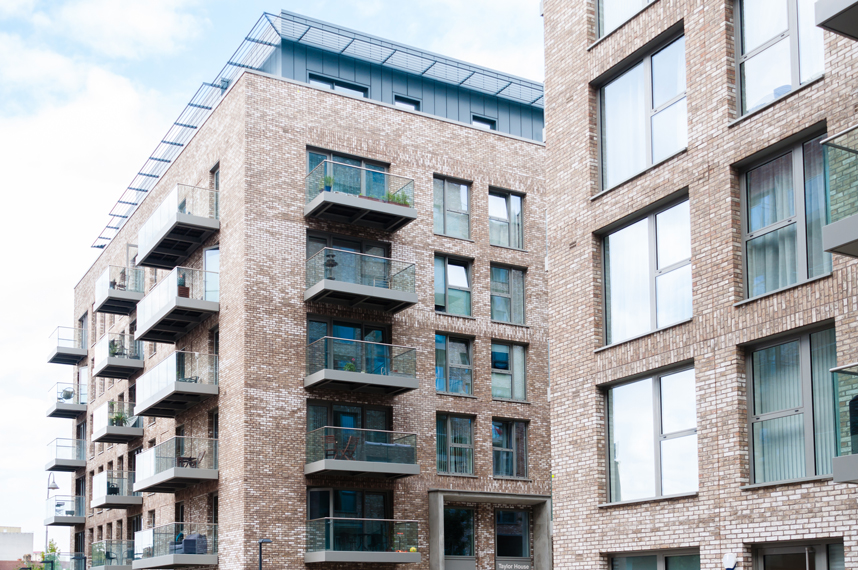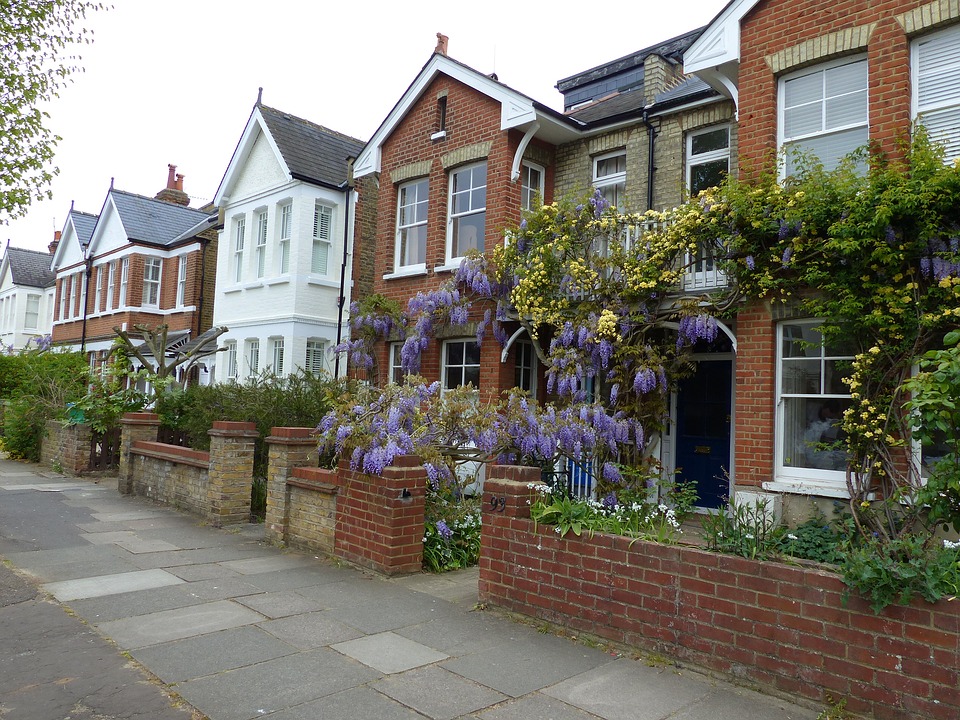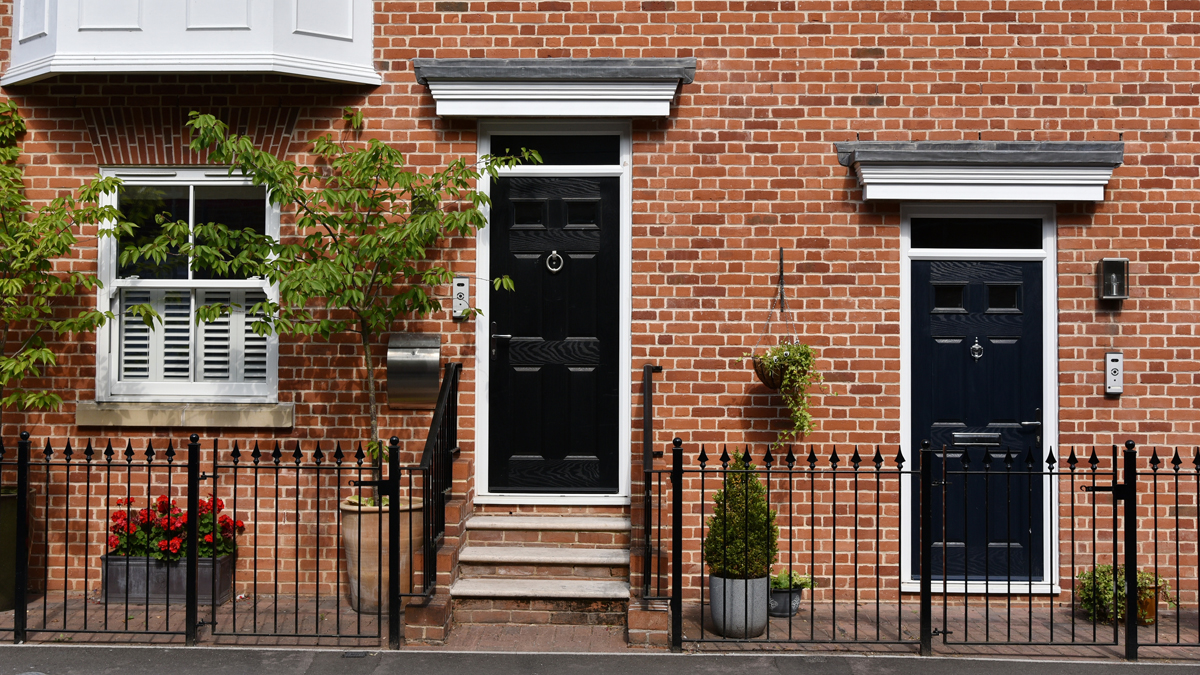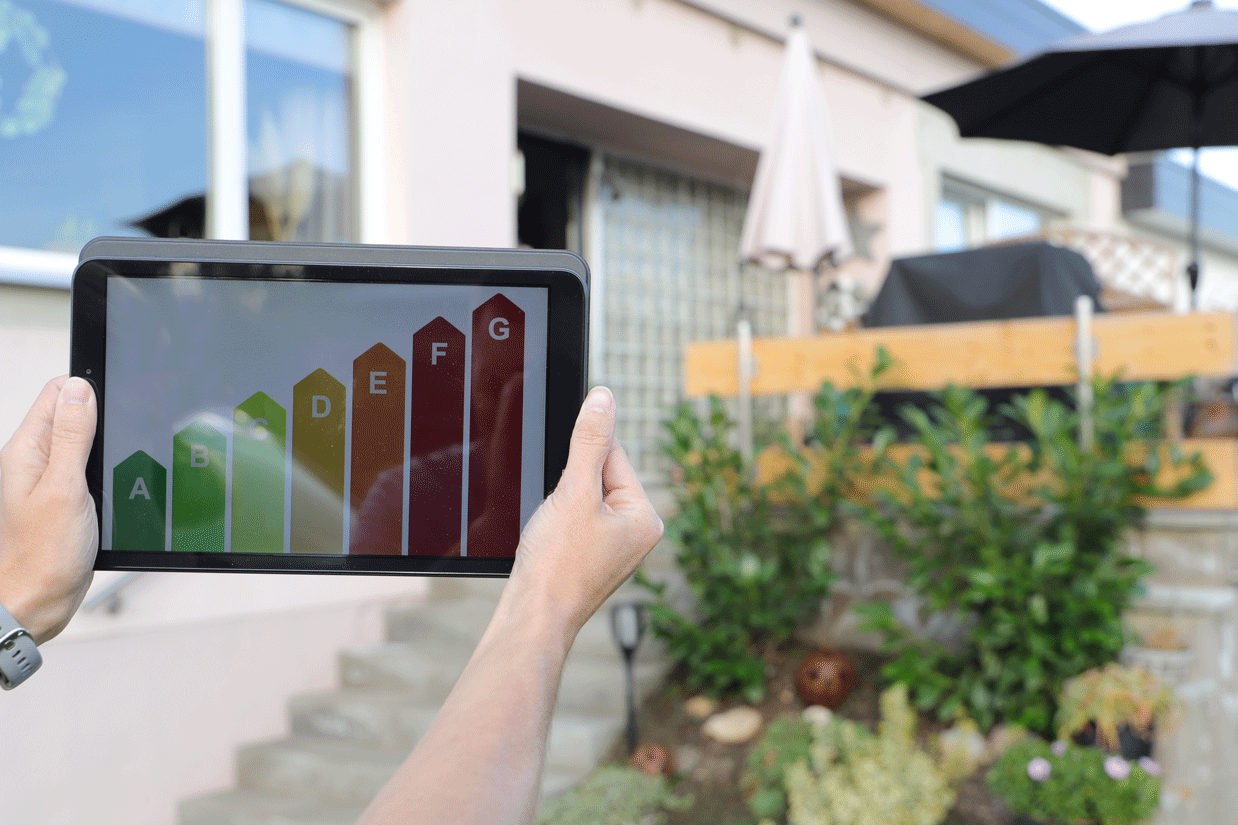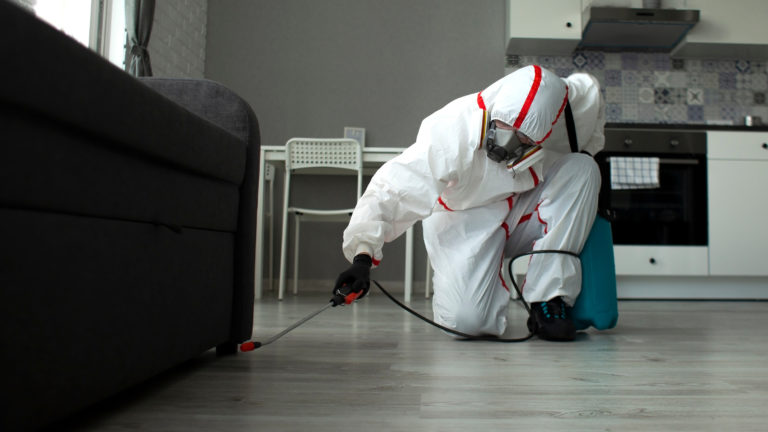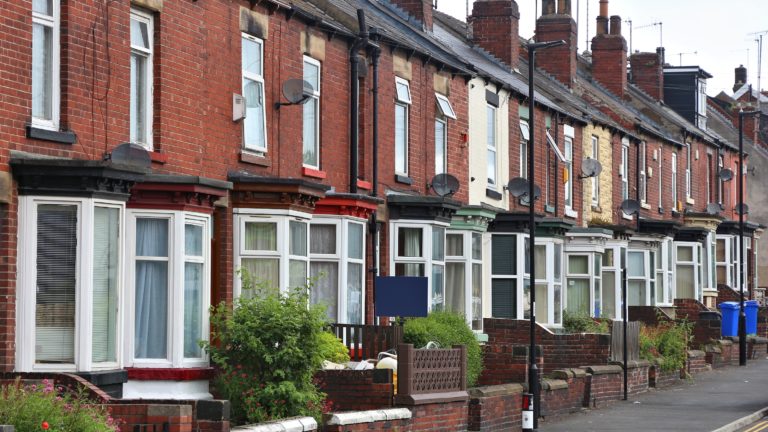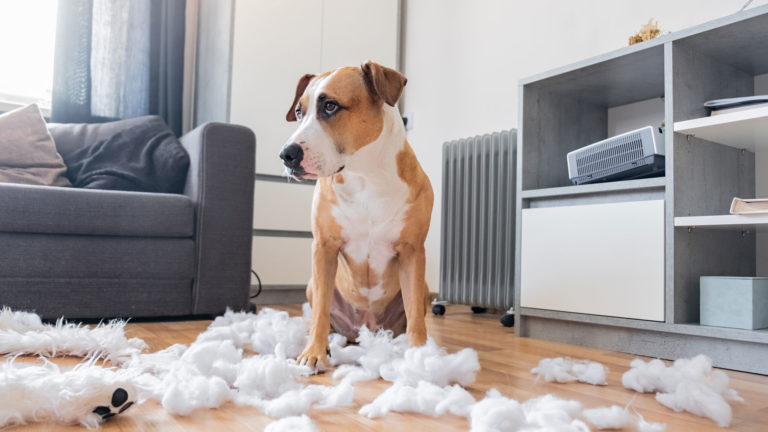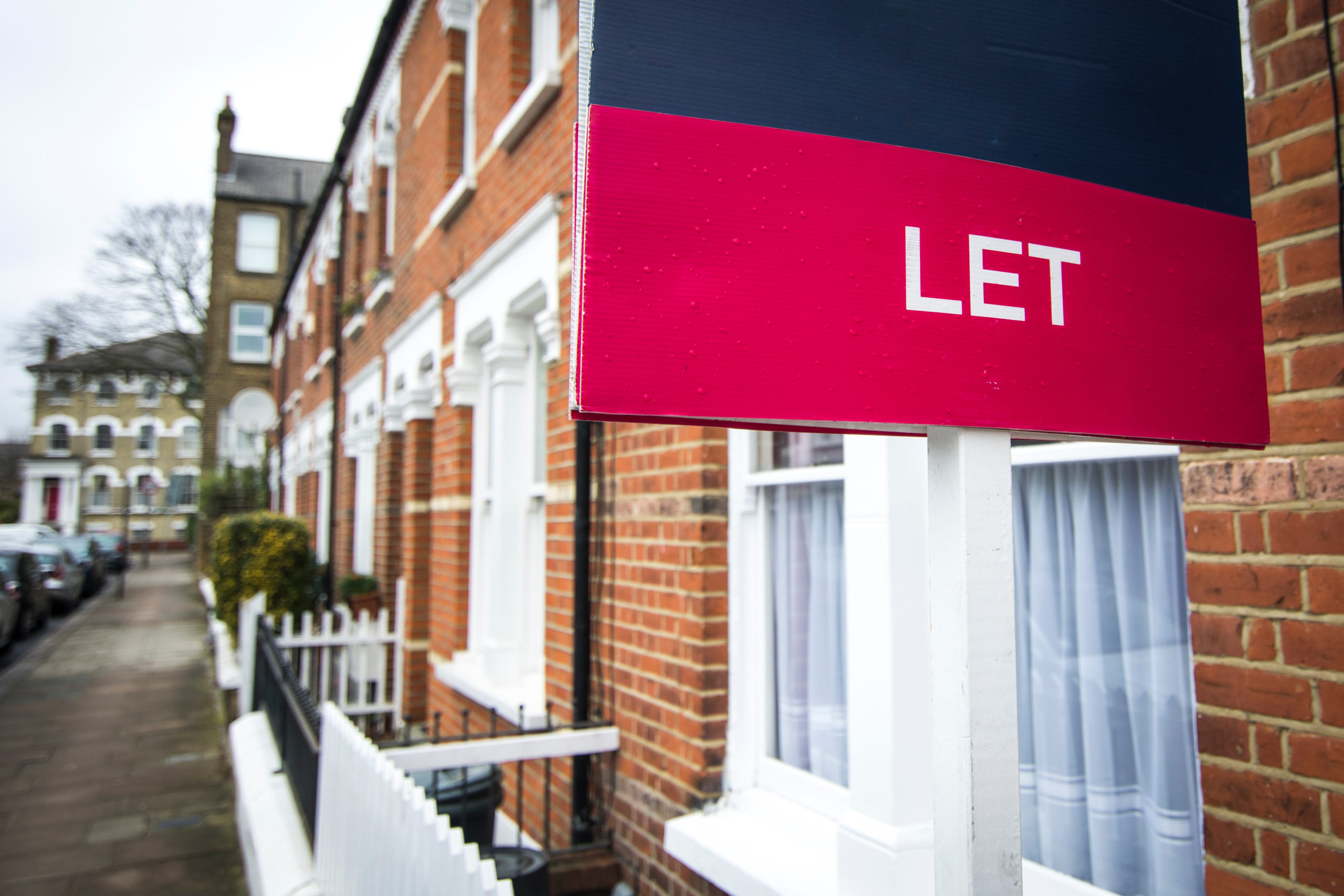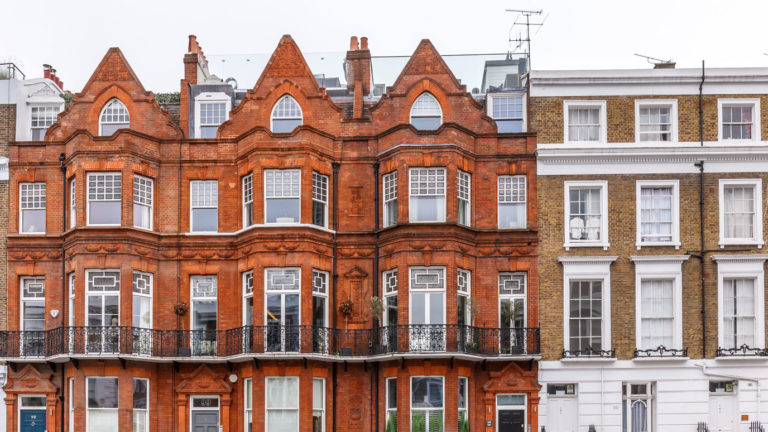Selective licensing was introduced in 2006 in England, but it’s up to councils to initiate schemes in their area. If your local authority wants to launch selective licensing in your area, they’ll need to consult relevant stakeholders before making any decisions (including letting agents, landlords, and tenants).
If your agency doesn’t currently manage properties in a selective licensing area (but may do so in future), this guide explains how it works, who’s responsible, and what the penalties are for not complying with the rules.
What is selective licensing?
Selective licensing is a scheme that was introduced as part of the Housing Act 2004 and gives councils the power to require residential landlords to obtain a licence to let property to tenants within a designated area.
The aim is to improve the quality of life for all in the area by ensuring a consistent high standard of management of private rented homes. This makes a positive contribution to the area.
Selective licensing only applies in England; Scotland, Wales, and Northern Ireland operate different licensing schemes.
If you’re managing properties in a selective licensing area, a licence must be in place before it can be rented. If it isn’t, landlords and agents could face heavy penalties.
Licences apply to each property a landlord owns and are valid for a maximum of five years.
Why does selective licensing exist?
The aim of selective licensing is for councils to monitor living standards and to make sure that privately rented properties are fit to live in.
Councils can introduce selective licensing schemes (SLS) if they think an area is experiencing:
- low housing demand (or is likely to experience this);
- significant and persistent problems caused by anti-social behaviour;
- poor housing conditions;
- high levels of migration;
- high levels of deprivation;
- high levels of crime.
How does selective licensing work?
Councils are responsible for setting up and implementing their own schemes so rules about what you need and how it works can vary.
Typically, selective licences must be held by someone who is considered ‘fit and proper’. This person is usually the landlord, but it could be an agent if (for example) the landlord lives abroad. To pass the ‘fit and proper’ person test, councils will check criminal records, and whether the landlord (or agent) has breached any previous rental conditions or obligations. Potential licence holders who are guilty of discrimination may also fail the test.
Some mandatory conditions apply to properties in all selective licensing areas. For example:
- electrical appliances must be kept in a safe condition;
- working smoke alarms must be provided;
- working carbon monoxide alarms must be provided if fuels are being burned;
Councils will often have a set of their own local rules which must be followed. Typically, this means landlords and letting agents must get references for prospective tenants, and issue a tenancy agreement.
How do agents or landlords apply for a selective licence?
Councils will have their own processes so you should check their website or speak to your local housing department. In most cases, there will be a form asking questions about the property (such as how big it is and how many bedrooms and fire exits there are). Some councils will visit to check properties before issuing a licence too.
You or your landlord can also expect background checks to be run against you to make sure the licence holder is a ‘fit and proper’ person.
How much does a selective licence cost?
Councils can decide their own costs so they can vary across the country. In some cases, it will depend on the size of the property. Typical fees range from £400 up to £1,000.
Who’s responsible for organising a selective licence?
In most cases, landlords are responsible for applying and paying for the selective licence. Some councils will only provide licences to people they feel are reasonably able to manage the property. For example, this could be an agent if the landlord lives in another country.
In practice, letting, management agents, and landlords can all be fined and face prosecution.
Also, if landlords have commissioned you or your lettings agency to manage all aspects of their rental, they may also be able to make a claim against you if they can prove you’ve broken the terms of your contract.
What do letting agents need to do?
Letting agents should work with their landlords to check that licences are properly in place. Agents should also make sure that landlord obligations are also being met (such as gas safety checks).
You can see if any of the properties you manage are in a selective licensing area by checking your local council’s website.
What are the consequences of not having the right licence?
If you don’t have a selective licence but need one, you can be fined up to £30,000. You can also have any other licences revoked or be refused one in the future.
Letting agents and landlords can also be prosecuted. If found guilty it could lead to an unlimited fine.
Tenants living in a property that doesn’t have the correct selective licence can also reclaim 12 months’ worth of rent. You also can’t serve Section Notices if a licence isn’t in place when required.
Stay up to date with our lettings knowledge bank
Selective licensing is just one of many changes that have affected the private rental market in a relatively short space of time. It can be increasingly difficult for landlords to keep up to date with changes to the law, which is where letting and management agents can offer support and advice.
To stay in the know and to keep your landlords updated, you can find a host of guidance in our knowledge bank.
For more about our landlord and lettings services, you can also speak to a member of our team on 01603 649727.
Information provided in this article was correct at the time of publication. This article is intended as a guide only. Please note that legislation does change, it is always best to check the most up to date guidance on gov.uk.




